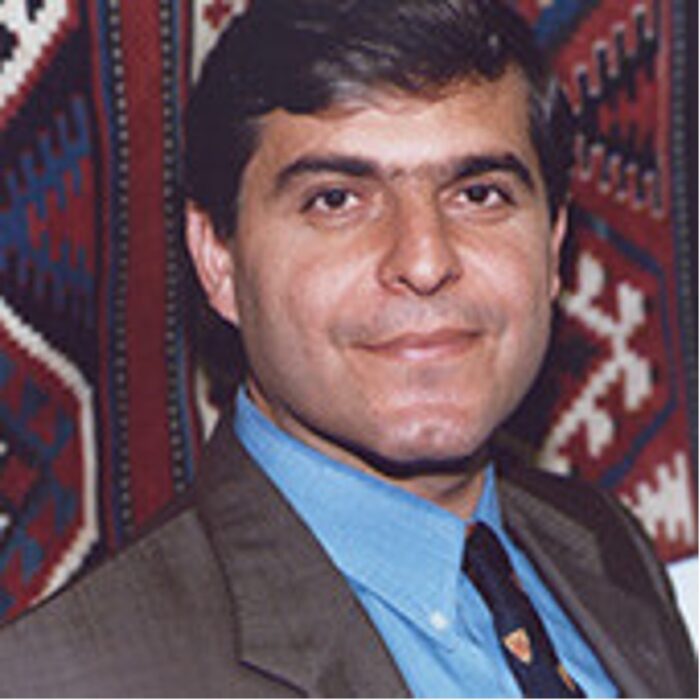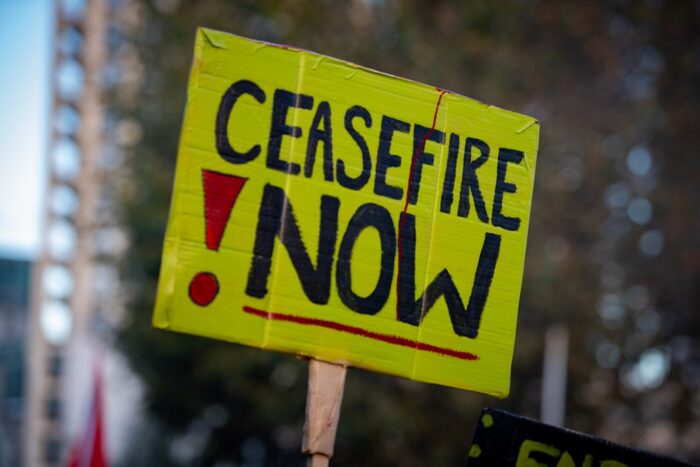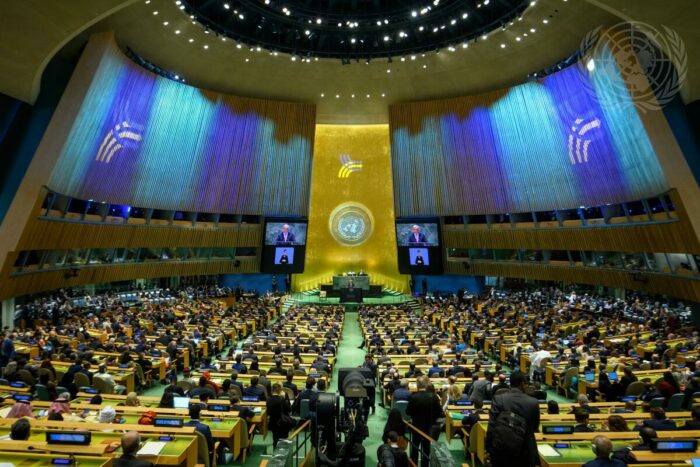The Progressive Post
Netanyahu’s Bitter Legacy

Now that the guns have fallen silent in Israel-Palestine, it is time to take stock of how we reached this inflection point, who is mainly responsible for the breakdown of peace, and what the way forward? The latest round of fighting killed 242 Palestinians, including 68 children, and ten Israelis. It is the culmination of over 50 years of Israel’s occupation of Palestinian lands, systemic abuses and crimes in the occupied Palestinian territories and within Israel.
As Israel’s longest-serving prime minister, Benjamin Netanyahu is directly responsible for sabotaging the peace process and reconciliation between Palestinians and Israelis, disenfranchising Palestinian citizens of Israel, and empowering his country’s most extremist and xenophobic forces. Over 15 years, Netanyahu has waged a relentless war against the 1993 Oslo accords which aimed to create two states, one Israeli and one Palestinian living side-by-side in peace. He has succeeded in hammering a deadly nail in the coffin of two-state solution. The two-state plan is dead now.
More than any of his predecessors, Netanyahu has enthusiastically and actively supported the expansion of Jewish settlements in the occupied West Bank and East Jerusalem. Half a million Jewish settlers and counting dominate the hills and fertile land in the occupied West Bank and East Jerusalem. As Netanyahu well knows, the settlements, which are illegal under international law, are a physical roadblock standing in the way of a contiguous, independent Palestinian state. He has repeatedly pledged to prevent the establishment of a Palestinian state in the West Bank by “controlling the entire area” through annexation of the settlements. By accelerating the building of settlements and creating facts on the ground, Netanyahu has created permanents obstacles to peace. Regardless of whether Netanyahu stays as prime minister or retires to the sunset, his bitter legacy will haunt Israelis and Palestinians for decades to come.
Moreover, since the Six-Day War of June 1967, Israel’s occupation and control of Palestinian land and life has become deeply entrenched. It touches every aspect of Palestinian life in the occupied West Bank, East Jerusalem, and the Gaza Strip. Wherever they are, the Palestinians are at the mercy of Israeli occupying authorities for their very existence, including movement, employment, and subsistence. Far from independent, the Palestinian authority led by President Mahmoud Abbas functions mainly as a contractual security coordinator with the Israeli military occupation. By sabotaging the peace process, Netanyahu has turned Abbas into a policeman who secures Israel’s status quo. More and more, Palestinians see Abbas’s 17th year rule as an enabler of the Israeli occupation, not a liberator. And he lost even more stock with the people after indefinitely postponing the first Palestinian parliamentary and presidential elections in 15 years, which were due to take place in May and July.
In contrast, by standing up to Israel, Hamas, the Islamist organisation that controls Gaza, has gained more popularity and momentum among the Palestinians at the expense of the 85-year-old Abbas. After the fighting in May, Palestinians of all persuasions, not just in Gaza, see Hamas as the vanguard of resistance and the defender of Palestinian rights.
In addition to sabotaging reconciliation between Israelis and Palestinians, Netanyahu pursued divisive and racist policies at home that systemically privileged Jewish Israelis while repressing Palestinians living in Israel. For example, Netanyahu pushed through a “nation-state law” in 2019 that affords Jews the “unique” right to self-determination, thus formally classifying Palestinians living in Israel as second-class citizens. When the law drew criticism from the Israeli actor Rotem Sala, Netanyahu replied that Israel is “the national state, not of all citizens, but only of the Jewish people.”
Recent reports by the main Israeli human rights group, B’Tselem, and Human Rights Watch (HRW) make a compelling case that Israeli laws enshrine extra-political rights for Jews over Arabs living in the same areas. Indeed, one of the more startling new findings in the HRW report is that the nearly seven million Palestinians in the occupied territories and within Israel itself face collective persecution under an “apartheid” system.
The recent violent clashes between Jews and Palestinians within Israel testifies to the country’s deepening internal polarisation. Netanyahu’s bitter legacy leaves Israel on the brink of civil war. He and his predecessors have been empowered by unconditional US and Western support. American leaders (and European leaders to a lesser extent) have been complicit in Israel’s illegal actions and persecution of the Palestinian people. Donald Trump’s decision to gift the remaining bit of historical Palestine unilaterally and illegally to Netanyahu finally destroyed the framework of a two-state solution.
Overlooking Netanyahu’s long record of mischief, Trump’s successor, Joe Biden, turned a blind eye to Israel’s continuing attacks against Hamas. Three times since the fighting broke out in May, the US blocked UN Security Council statements calling for an immediate ceasefire, leading UN diplomats to conclude that the Biden administration wants to keep that body “silent” in the matter.
What is to be done? There are no easy answers. Even if Netanyahu is unseated in the next few days, his potential successors share his visceral opposition to a viable Palestinian state. A bi-national state with citizenship and equal rights for both communities is the only option available to advance a just and lasting resolution to the Israel-Palestine conflict. So instead of paying lip service to the fanciful notion of a two-state solution, the international community, particularly the EU, should support a bi-national or a federal (Israel-Palestine) democratic state with equal rights for all citizens. As long as the US supports Israel unconditionally, Israel has no incentive to change. But there is room here for the EU and the international community to play a more constructive role.




